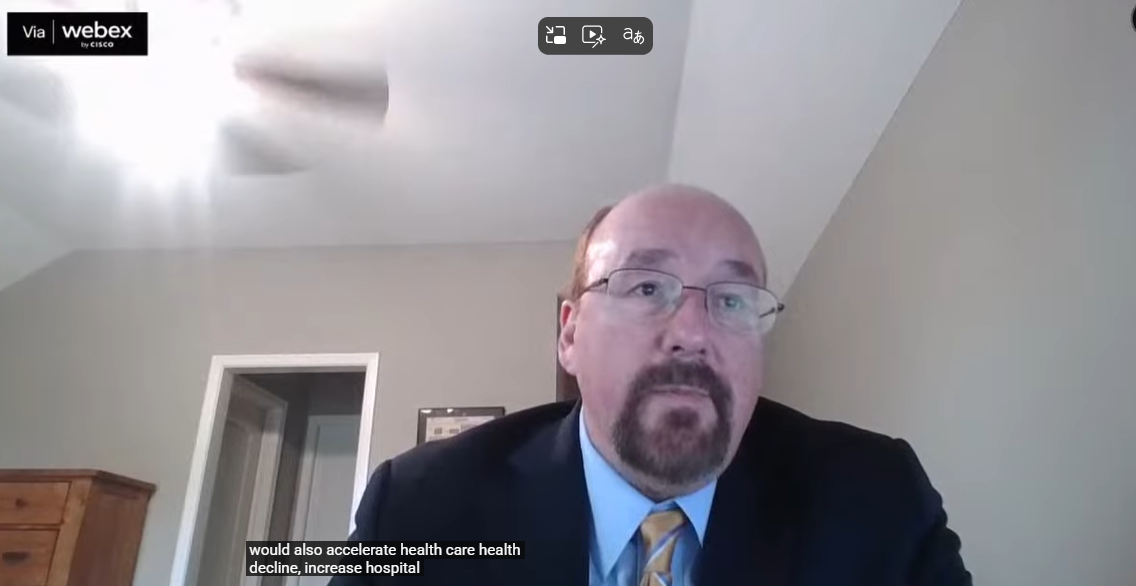Advocacy in Action (April 2025): Legislative Recap
Success for SB 88: Improved Ombudsman Training in Memory Care
KABC proudly provided testimony in favor of SB 88, a bill requiring the State Long-Term Care Ombudsman and regional ombudsmen to receive training in memory care. Led by the Alzheimer’s Association, this bill ensures that those advocating for residents in long-term care facilities have the specialized knowledge necessary to support individuals with Alzheimer’s disease and other forms of dementia.
We are pleased to report that SB 88 successfully passed both the House and Senate and was signed into law by Governor Kelly in late March. This is a significant step forward in improving the quality of advocacy and care for Kansans affected by memory-related conditions.
Fighting Against Dangerous Fire Safety Rollbacks in SB 276
KABC prepared testimony in opposition to SB 276, a bill that proposed removing the State Fire Marshal from the Adult Care Home Licensure Act and the Providers of Disability Services Act. While we strongly support enhanced training for professionals in person-centered care and dementia response, this bill posed a serious threat to fire safety standards in long-term care facilities.
If passed, SB 276 would have eliminated minimum fire safety standards for 720 adult care homes and provider locations across Kansas—leaving 95% of the state unprotected. Additionally, it would have stripped the State Fire Marshal’s authority to inspect these facilities, recommend corrective actions, or levy fines for noncompliance. Such deregulation would put thousands of vulnerable residents at risk.
The hearing for SB 276 was ultimately canceled, a decision that reinforces the importance of maintaining essential safety protections for long-term care residents. We remain vigilant in opposing any future efforts to weaken these safeguards.
Advocating for a Statewide Senior Resource Directory
One of our key advocacy priorities this session has been securing funding for a statewide senior resource directory—a vital tool to connect older Kansans with essential services and support. We advocated that $190,000 be added to the Kansas Department for Aging and Disability Services (KDADS) budget for the resource guide. This funding was a recommendation from the Senior Care Legislative Task Force.
With strong support from Senator Kloos, the Senate included the funding recommendation in the budget, and it successfully advanced to the budget conference committee. Both the House and Senate have now included the funding in the final budget bill, which is currently awaiting review from Governor Kelly.
We will provide updates as soon as the budget is finalized.
Looking Ahead
KABC will continue monitoring legislative developments and advocating for policies that prioritize safety, care, and quality of life for older Kansans. Your support makes these advocacy efforts possible, and we encourage you to stay engaged.
Thank you for standing with us in the fight for better care. Stay tuned for more updates!






